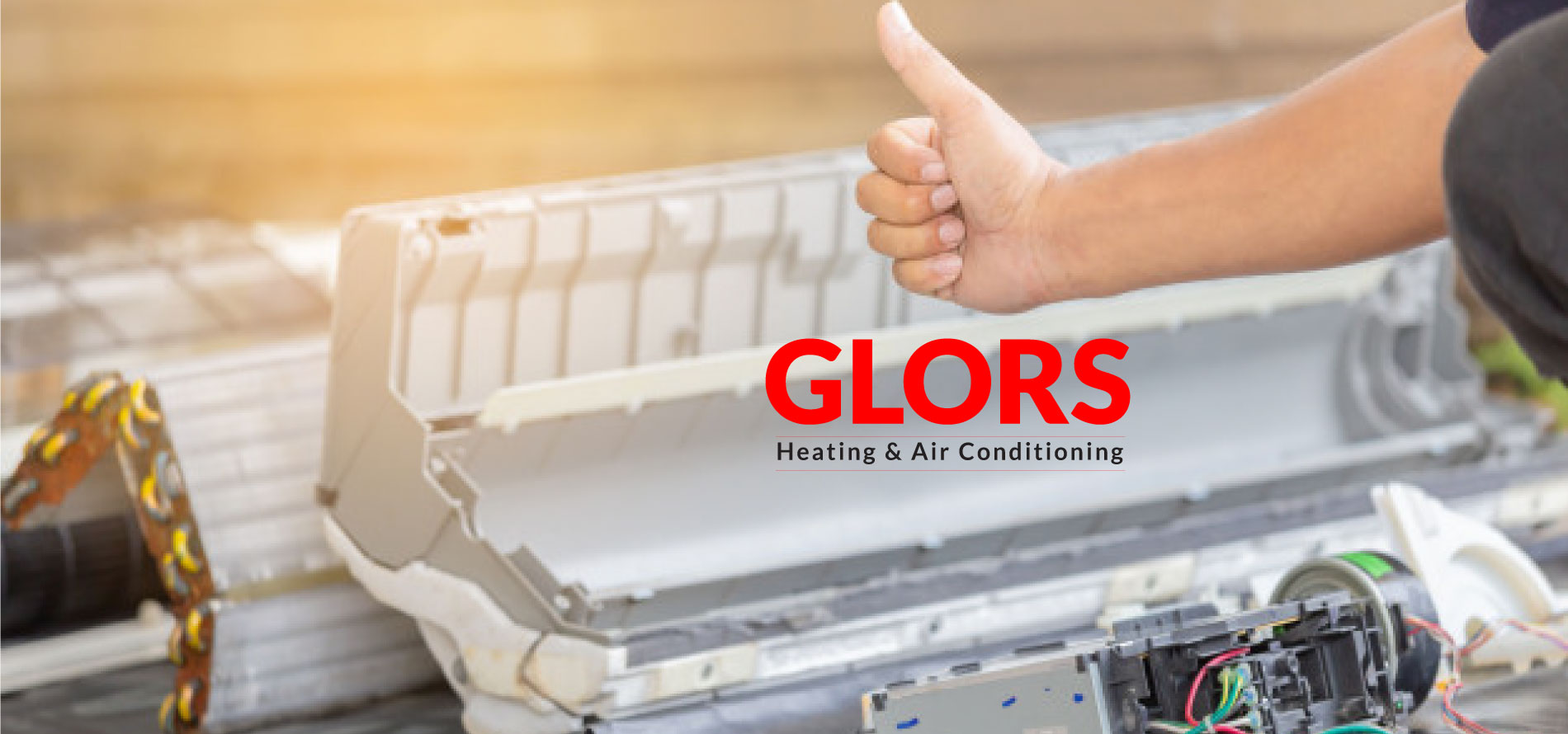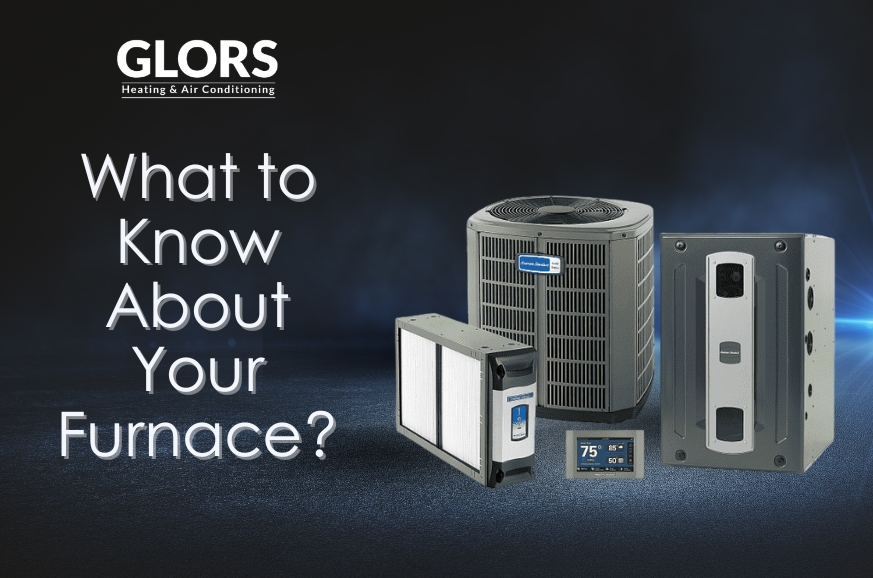Knowing about your furnace is essential for its proper maintenance and understanding its operation. Here's what you should know:
-
Type of Furnace: Understand the type of furnace you have. It could be a gas furnace, electric furnace, oil furnace, or a newer high-efficiency model like a condensing furnace. Each has its own operating mechanisms and maintenance requirements.
-
Location and Access: Know where your furnace is located in your home. Ensure easy access for maintenance and be familiar with the shut-off switches or valves in case of emergencies.
-
Maintenance Schedule: Understand the recommended maintenance schedule for your furnace. Typically, it's annual maintenance, but some systems might require more frequent checks.
-
Filters: Know the type of filter your furnace uses and how often it needs replacement. Clogged filters can reduce efficiency and strain the system.
-
Thermostat Operation: Understand how your thermostat works. Familiarize yourself with programming options, temperature settings, and how to troubleshoot if it's not working correctly.
-
Normal Operations: Learn the normal sounds and cycles of your furnace. This helps you identify unusual noises or behaviors that might indicate a problem.
-
Safety Features: Understand the safety features of your furnace, such as the emergency shut-off switch or the carbon monoxide detector. Ensure these are in working condition.
-
Efficiency Ratings: Be aware of your furnace's efficiency rating. Higher efficiency models might have different maintenance requirements or technology.
-
Manufacturer's Manual: Keep the manufacturer's manual handy. It provides specific details about your furnace, including troubleshooting tips, maintenance instructions, and safety guidelines.
-
Professional Assistance: Know when to call a professional. While some maintenance tasks can be handled by homeowners, complex issues, unusual sounds, or major malfunctions should be addressed by qualified technicians.
Understanding your furnace helps you recognize signs of trouble early, maintain it effectively, and ensure it operates safely and efficiently, providing warmth and comfort during colder months. Regular maintenance and timely repairs can extend its lifespan and prevent major breakdowns.



